



Emeritus Professor, University of Cardiff, UK

John Aggleton is a world expert in the neural basis of memory. His research has widely expanded our understanding of how memory is stored in the brain. He uses anatomical, behavioural and clinical methods to understand how different regions in the brain form connections vital for learning and memory.
John has been President of EBBS (2005-2006), BNA (2015-2027), and he is a fellow of the Academy of Medical Sciences and The Royal Society.
Emeritus Professor, University of Verona, Italy
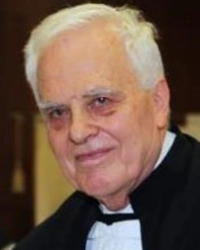
Giovanni Berlucchi is a world expert neurophysiologist on the study of the neural bases of cognition and behaviour, especially on brain lateralisation, visual processing and body-brain interaction.
He is elected member of numerous Academies including the Accademia dei Lincei (Lincean Academy) and the Academi Europae. He served twice as an elected member of the EBBS committee and delivered the Annual EBBS lecture in 1971 during the 3rd EBBS meeting in Vienna. He was among the founders of the European Neuroscience Association and its journal, The European Journal of Neuroscience.
Emeritus Professor, University of Cambridge, UK
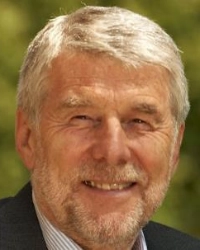
Barry Everitt is an international authority on the role of learning and memory in the development of drug addiction. He has been able to use this understanding to develop potential treatments for addiction that involve disrupting drug-associated memories to help addicts ‘unlearn’ deeply ingrained habits of drug use and remain drug-free in the future.
Barry has been President of EBBS (1999-200), FENS (2016-2018), EBPS (2003-2005) and SfN (2019-2021). He is a fellow of the Academy of Medical Sciences and The Royal Society.
Dinstinguished Professor, UCLA Semel Institute, USA
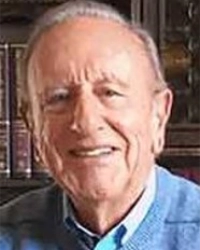
Joaquin Fuster is an international expert renowned for his groundbreaking work on the role of the prefrontal cortex and on working memory. He provided the first physiological evidence linking the prefrontal cortex to temporary information storage.
He is a member of the National Academy of Medicine (USA) and the Real Academia Nacional de Medicina. He received the 2006 Patricia Goldman-Rakic Prize and the 2000 Fyssen Foundation International Prize. In 1997, he gave the Elsevier Lecturer at the EBBS meeting.
Emeritus Professor, UMC Utrecht, Netherlands

Marianne Joëls is a world expert in the effects of stress in the brain, in health and disease. She pays particular attention to the influence of stress during early life and the result of prolonged periods of stress in adulthood both in animal models and in humans.
She was elected as a member of the Royal Netherlands Academy of Arts and Sciences in 2002 and of the Hollandsche Maatschappij der Wetenschappen in 2016. She was President of FENS between 2012 and 2014.
Emeritus Professor, McGill University, Canada
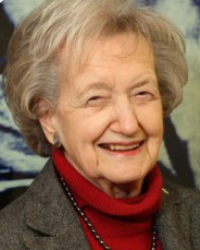
Brenda Milner is a preeminent neuropsychologist, having pioneered research into the human brain and is considered as one of the founders of clinical neuropsychology. She made major advances in our understanding of memory processes by working with the patient H.M. Her work is one of the major milestones in the concept of multiple memory systems.
She received numerous prizes including the Balzan Prize for Cognitive Neuroscience in 2009 and the Kavli Prize in Neuroscience in 2014. She is a Fellow of the Royal Society of London, the National Academy of Sciences (USA) and the Royal Society of Canada.
Regents Professor Emeritus, University of Arizona, USA
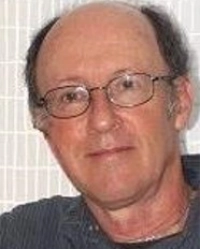
Lynn Nadel is an internationally recognised researcher in the field of learning and memory. His work especially advanced our understanding of the function of the hippocampus in cognitive maps and episodic memory as part of the multiple trace theory.
He is a Fellow of the National Academy of Sciences (USA). He received the Grawemeyer Award in 2006 (with John O’Keefe), the 2019 William James Fellow Award from the Association for Psychological Science, and the 2020 Distinguished Scientific Contribution Award from the American Psychological Association.
Professor, UCL The Sainsbury Wellcome Centre, UK
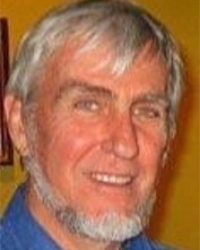
John O’Keefe is internationally recognised for his work in the field of memory and especially his discovery of place cells in the hippocampus, theorising the role of this brain region in cognitive maps. He expended this work in relationship with theta phase precession and the discovery of boundary vector cells.
He is a Fellow of the Royal Society of London, the Academy of Medical Sciences (UK) and the National Academy of Sciences (USA). He received numerous awards for his work including the Nobel Prize in Physiology or Medicine in 2014 (with May-Britt Moser and Edvard Moser), the Grawemeyer Award in 2006 (with Lynn Nadel), and the Kavli Prize in Neuroscience.
Professor, EPFL, Lausanne, Switzerland
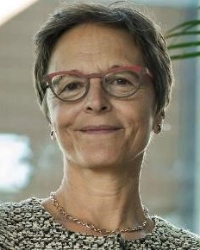
Carmen Sandi is an international expert in studying the impact and neurobiological mechanisms how stress and anxiety affect brain and behaviour, with a current focus on the contribution of brain mitochondria and metabolism.
She was president of EBBS (2011-2012) and FENS (2018–2020), and she was the first recipient of the Ron de Kloet Prize for Stress Research in 2018. She also founded the ALBA Network working on promoting equity and diversity in the brain sciences.